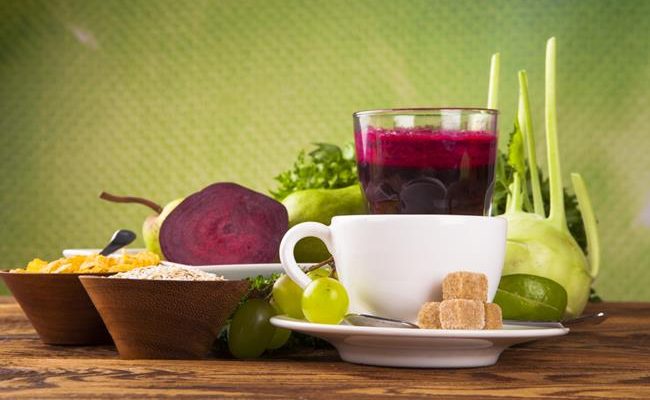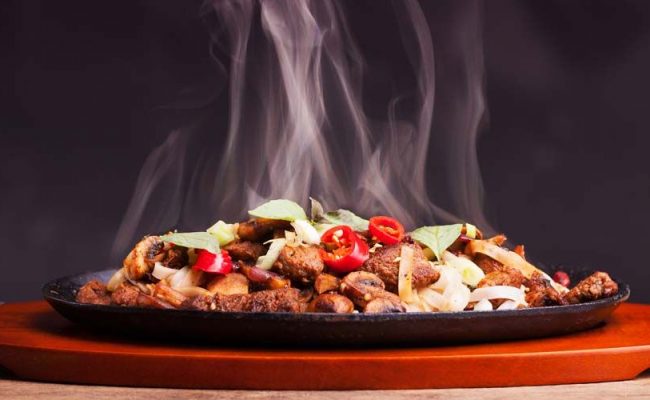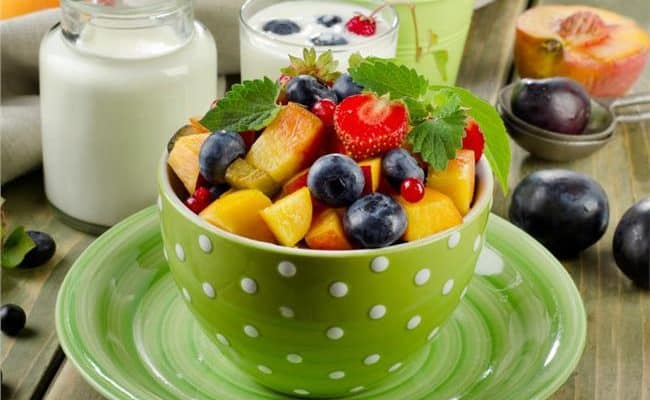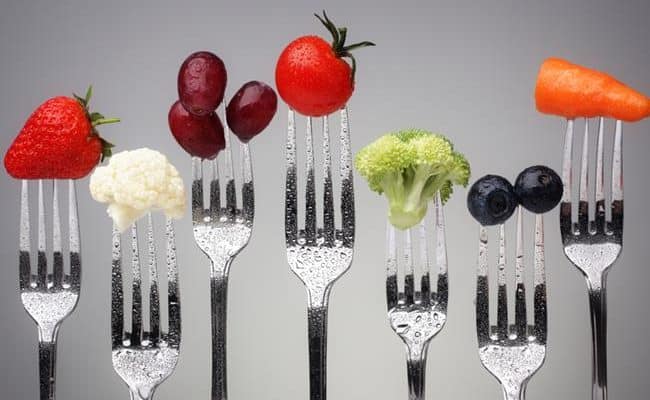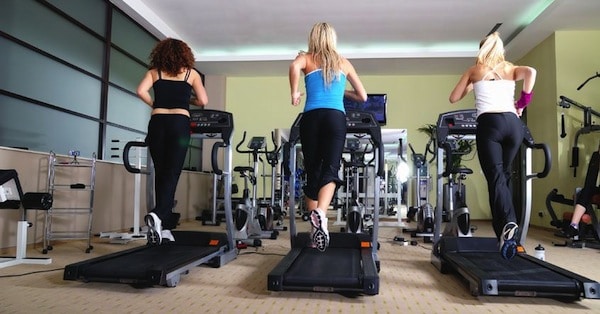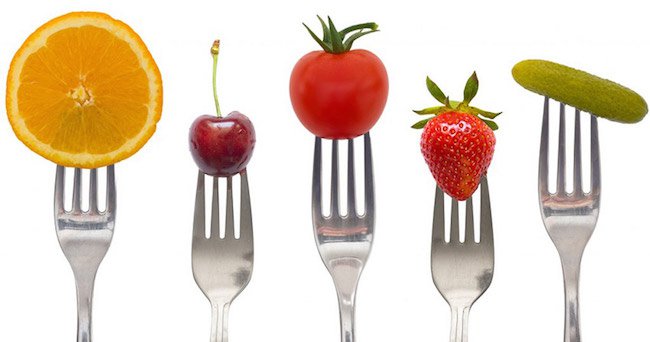
When trying to lose weight many people turn to calorie counting to keep an exact record of what and how much they are eating over the course of the day and week. While it is true that weight loss requires that we consume less calories than we burn, calorie counting may not be the best way to keep track of this.
Does calorie counting help with weight loss?
The basic formula for losing weight is that calories eaten must be less than the calories we burn during exercise and general day to day life. Although there are other contributing factors to how fast and how much weight you lose, when starting a weight loss regime, you will generally need to either reduce calories or increase exercise or for optimum results, do both.
For this reason, it is helpful to have a general idea as to which foods are high in fat, sugar and calories and which are healthier options.
This does not mean however, that it is necessary to count every single calorie that enters your mouth throughout the day. Weight loss is generally more successful and sustainable over the long term if a slightly more relaxed approach to reducing energy intake is chosen.
Why calorie counting could be working against your weight loss and taking over your life.
It’s antisocial
There is nothing worse than eating with a calorie counter. Be it in a restaurant or at home, no one, (other than perhaps another calorie counter), wants to be constantly informed about the calorie content of the food they are eating.
Those who pick at food or eat nothing at all as they feel that the meal will break their calorie allowance for the day are not enjoyable dining companions and take the pleasure out of food for themselves and the people around them.
It can become obsessive
Many people find that once they start counting calories it tends to take over their lives, and daily activities may even be planned around the calories they can eat and situations they need to avoid so as not to go over the allowance. It may become so important that nothing can be eaten without a complicated mathematical equation being calculated first.
It requires a lot of knowledge and sometimes complicated mathematical calculations
To count the calories of everything you eat, you need an extensive knowledge of the energy composition of a huge amount of food, including how this varies with portion sizes.
A meal that is made up of a number of different components including sauces where the ingredients are not immediately identifiable could take a good half an hour to calculate. Dieticians use a computer program to do this for good reason; it’s certainly not practical for everyday life.
Different types of food also effect weight gain and overall health, not just the calories they contain
There is an increasing amount of research into the composition of food and the effect this has on weight loss. Healthy fats such as poly-unsaturated types are thought to be linked to lower body weights as well as lower risk of lifestyle diseases.
Protein and high fibre carbohydrates have also be linked to increased satiety, making them good options for reducing hunger and unhealthy snacking. However these types of foods may also be relatively high in calories.
People who count calories may often eliminate foods they consider to be too high in energy, and miss out on their nutritional and weight loss benefits.
Low calorie foods are often low in nutrition too.
Calorie counters generally opt for reduced calorie, sugar free, fat free type products when choosing foods. Whilst it is true that these foods provide little in terms of energy content, they often contain very little nutritional benefit either.
Sometimes, it may be beneficial to consume a few more calories and have the added benefits of fibre, healthy fats, minerals and vitamins, than to go calorie free and eat something that bares very little resemblance to actual food.
How to eat a healthy, reduced calorie diet without counting
Have some basic knowledge about healthier eating options
Whilst calorie counting is not necessarily the best option for weight loss, it is helpful to have some accurate knowledge as to which foods are nutritious and healthy, which are unhealthy and which contribute more calories than others.
For the most part, making healthy choices is not rocket science, most people are aware that a salad sandwich on wholegrain bread is a healthier option than a burger for example. The key is to make these healthy choices the majority of time and be aware of ingredients that may increase the calories of a dish such as dressings, cream sauces and cheese.
Remember, vegetables are generally low in calories and highly nutritious, so when in doubt, choose an option based on these.
Reduce portion sizes
Even if you eat food that is considered healthy all the time, if you eat too much you will still gain weight. To counteract this, try actively reducing your portions by measuring serving sizes with cups at home and sharing meals with others when out.
Carbohydrates such as pasta and rice are easy to over consume, so try using a smaller bowl as this gives the impression the portion is bigger. A good reference size for meat is the size and thickness of a pack of playing cards.
Use healthier cooking techniques
Simply by choosing healthier cooking methods at home or when dining out you can reduce your calorie intake. Look for methods of cooking that involve smaller or no added fat such as grilling, poaching and steaming. If you do add fat, make sure it is in a small quantity and of a healthy type such as olive oil.
Watch your fat intake
Fat has the most calories per gram of all the macronutrients, meaning by reducing fat, you usually reduce your energy intake. That being said, some fat is necessary in our diets for the body to function correctly, not to mention the health benefits associated with unsaturated fats.
For best results a balance is needed, eat fats in moderation, and make sure the ones you do eat are of the best type for your body.
Make healthy options the easiest choice
By developing a reasonably sound knowledge of healthier eating options, it is easy to make healthier choices when eating out. At home try to limit the quantity of unhealthy foods present in the house and fill your cupboards with healthy options that you want to be part of your diet.
If healthy choices are readily available to you and temptations out of the way, it is easier to stick to a diet.
Results to measure progress
Longer term weight change
Weight change is obviously a good measure of whether you are losing weight, however, weighing yourself daily is counterproductive and does not give an overall picture of your weight changes.
There are many factors that can change your weight on a daily basis such as water retention, time of day and menstruation cycle, so for a more accurate overall picture weight yourself weekly at the most.
Clothes size
Even if weight loss is not forthcoming on the scale, clothes being too big or a drop in size is a good way to gauge if you are changing your body. If you are working out, you may be developing more muscle, which weighs more than fat, meaning that although your weight may be stable or even up a little, your body composition is changing.
Waist Circumference
Another good measure of weight loss that is less variable with day to day factors in waist circumference. There is a strong association between increased waist circumference and lifestyle disease risk, so decreases in this area represent a benefit for your health too.
How you feel
If the scales do not reflect any weight change, but you are eating more healthily, working out and are feeling generally healthy and fit think of this as an outcome measure.
With time your weight is likely to follow, (if you are eating less or exercising more than previously), however, an increased feeling of wellbeing can be just as positive and an excellent marker to show you are doing the right thing for your body.

